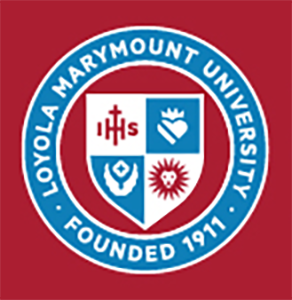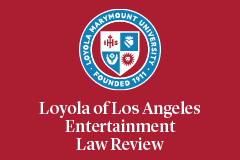Abstract
The NCAA is at a crossroads with student-athlete compensation. Over the past few decades, the NCAA and its partners have faced lawsuits from several different angles with essentially one consistent argument: Student-athletes deserve to be compensated for what they provide to colleges and universities.
In two such lawsuits—Dawson v. NCAA and Livers v. NCAA—the plaintiffs have attempted a new strategy: arguing that revenue sport student- athletes are employees under the Fair Labor Standards Act (“FLSA”). These cases have gained some traction, and the distinctive protections granted to employees under the FLSA present unique challenges worth exploring.
This Article analyzes the potential results of a plaintiff victory in a FLSA case on the landscape of collegiate sports. To that end, this Article explores the unique benefits and challenges the FLSA presents, and how intercollegiate sports would be shifted by a plaintiff victory on this front.
Recommended Citation
Sam Ehrlich,
The FLSA and the NCAA's Potential Terrible, Horrible, No Good, Very Bad Day,
39 Loy. L.A. Ent. L. Rev. 77
(2019).
Available at: https://digitalcommons.lmu.edu/elr/vol39/iss2/1


